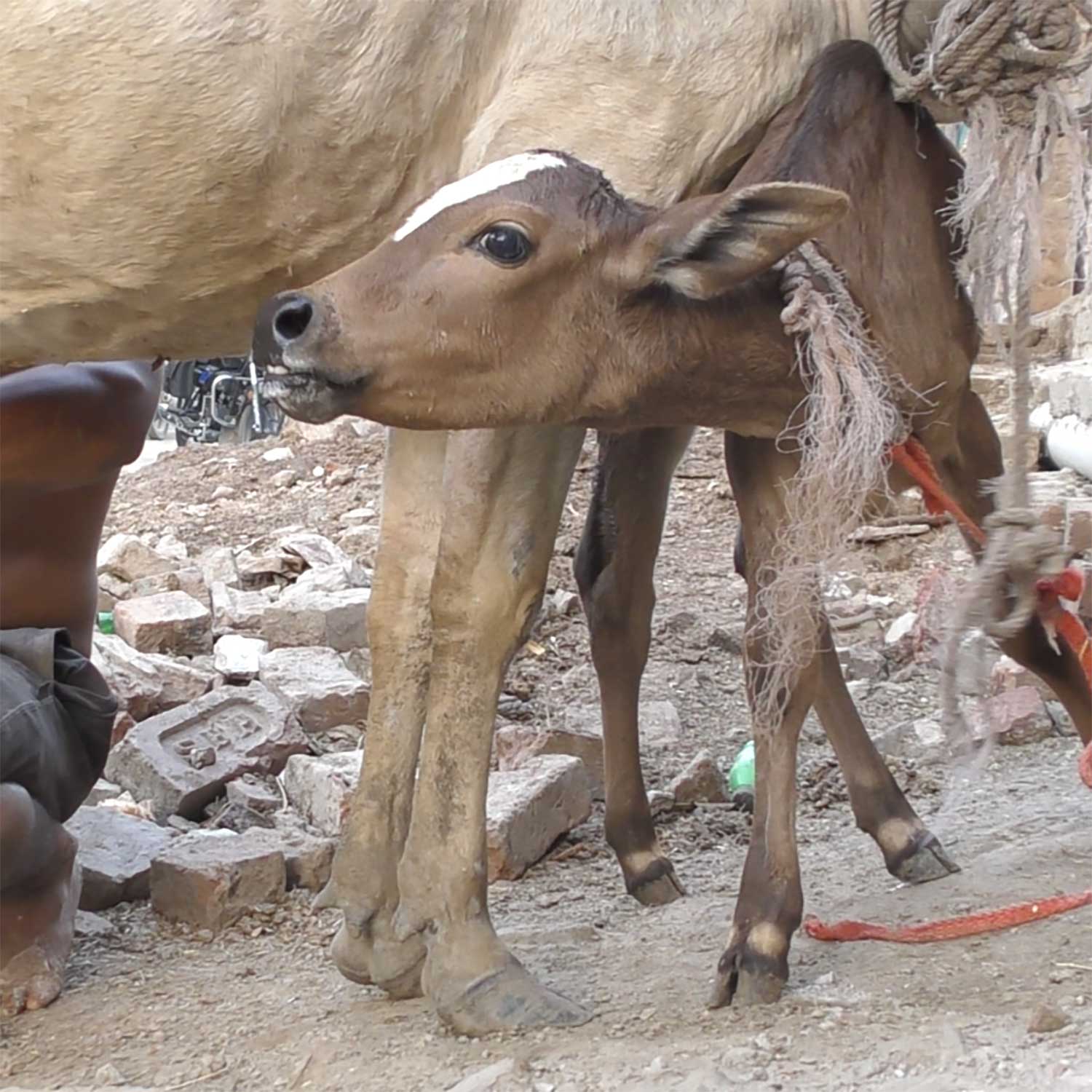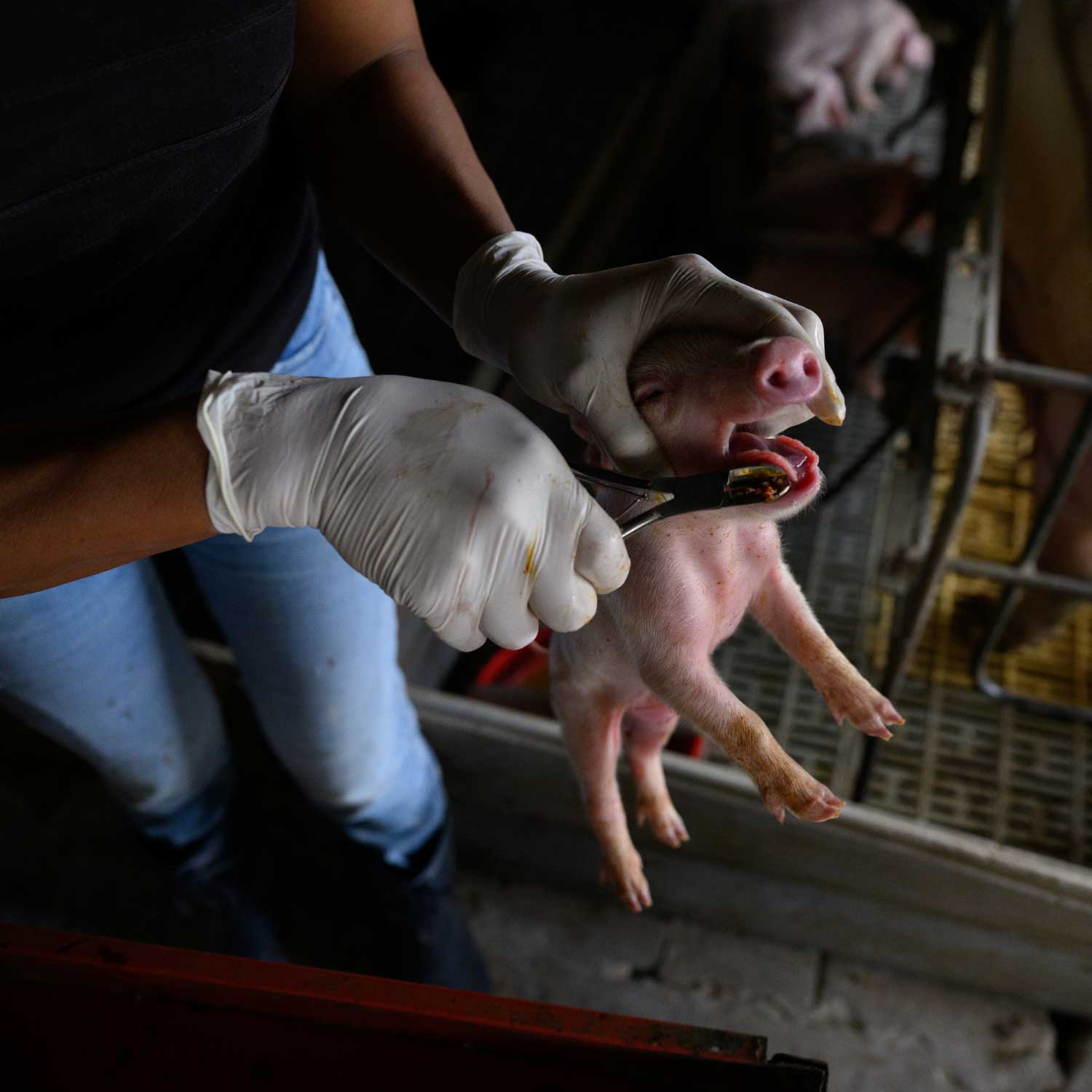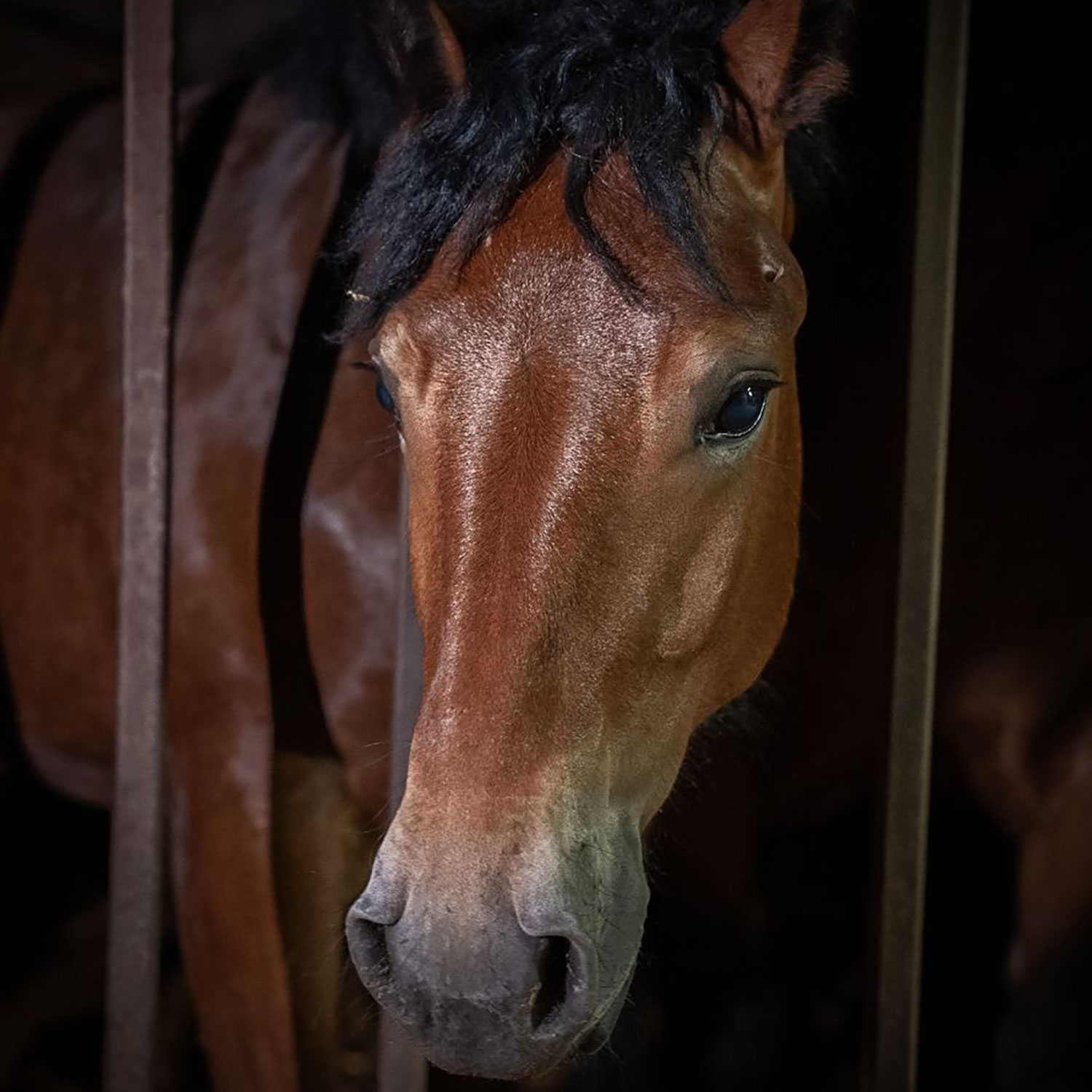Animal Equality Files Joint Brief In Hormel Foods Lawsuit
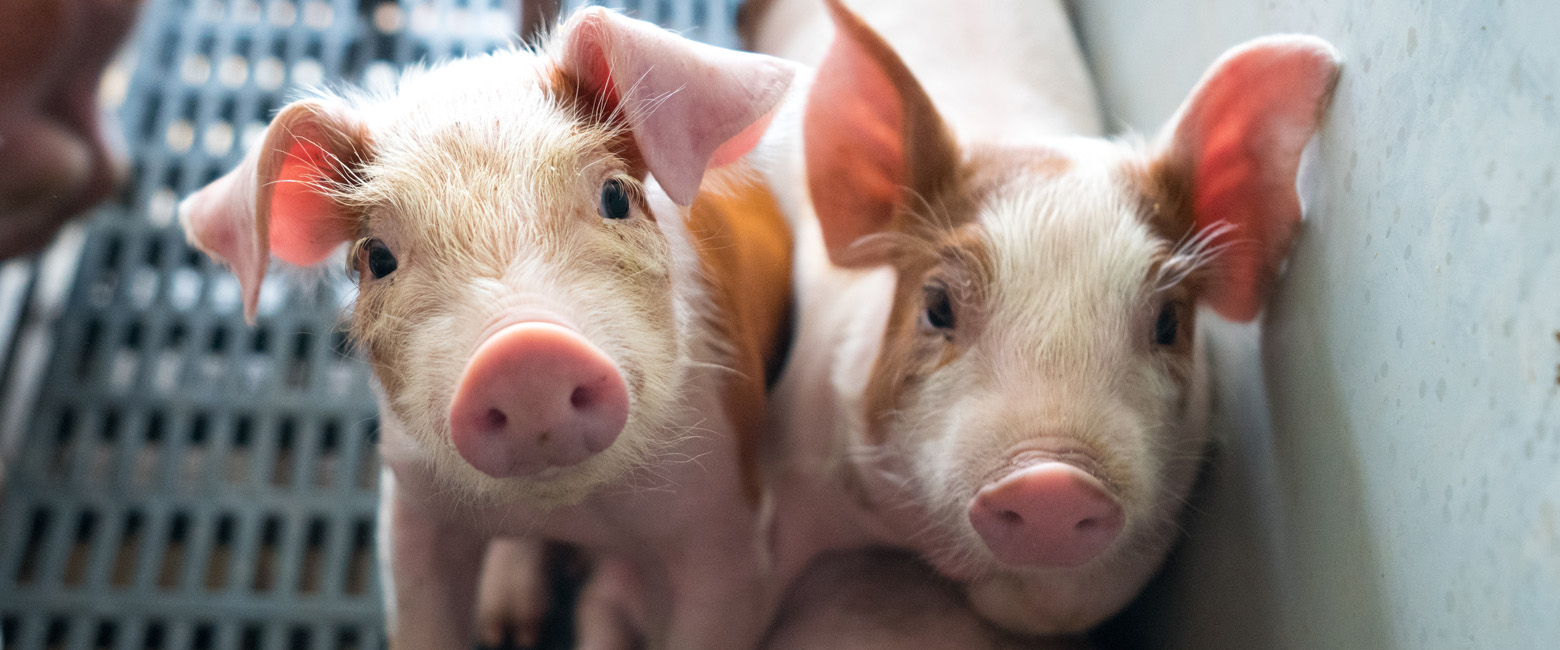
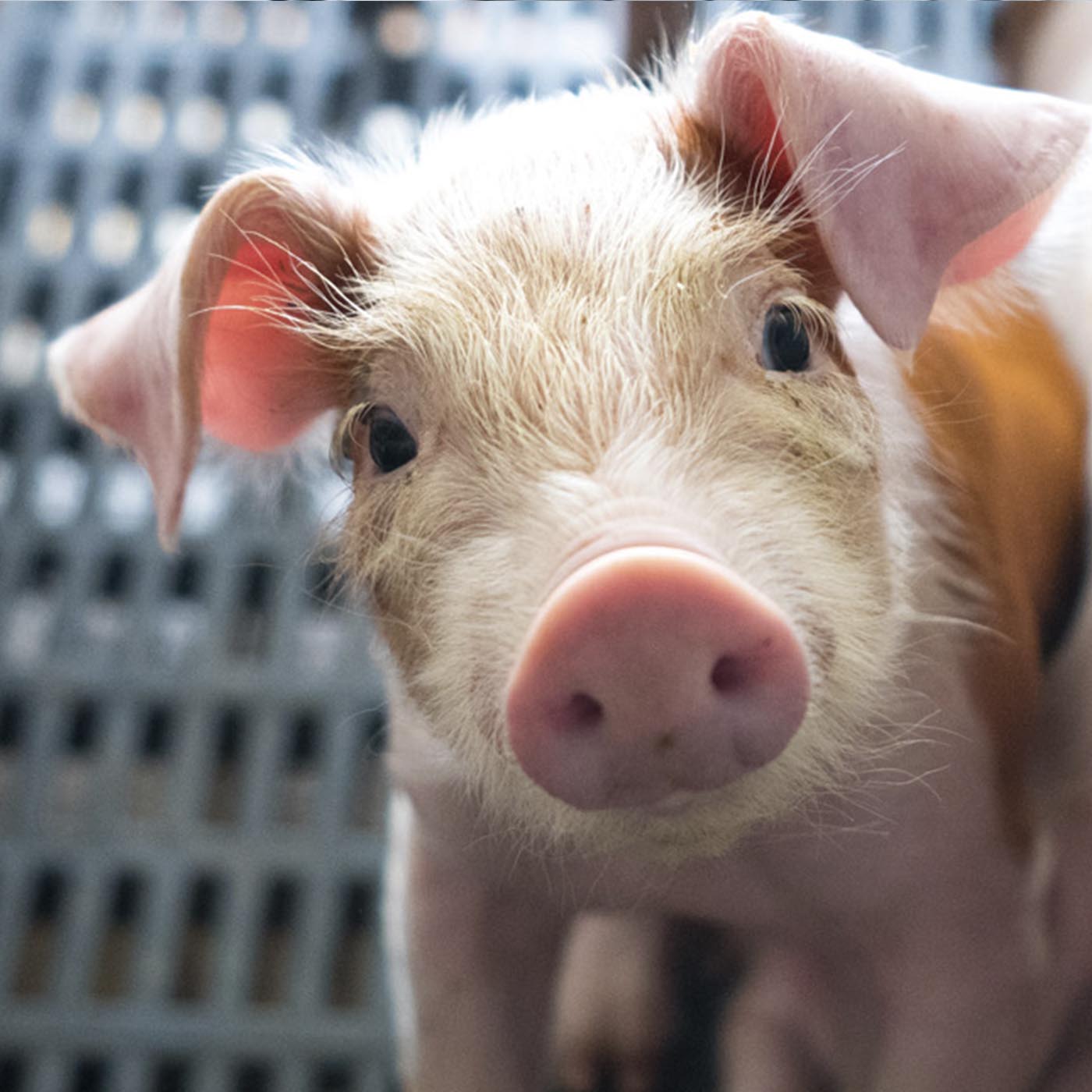
Animal Equality, along with Compassion Over Killing and The Humane League, has filed an amicus curiae brief in the District of Columbia Court of Appeals in support of the Animal Legal Defense Fund’s false-advertising lawsuit against Hormel Foods. THE BACKGROUND: The Animal Legal Defense Fund sued Hormel in 2016 under the D.C. Consumer Protection Procedures Act, alleging the company is misleading consumers through the advertising of its Natural Choice® brand of lunch meats and bacon. In their lawsuit, the ALDF argued Hormel’s “Natural Choice” marketing campaign leads customers to incorrectly believe that the animals from whom the products are derived are treated humanely when that is far from the truth. The lower court dismissed the case, which is now on appeal. Animal Equality, Compassion Over Killing, and The Humane League argue in their amicus brief (“friend of the court” brief) that such false advertising prevents customers from acting upon their preference for humanely produced products, which in turn directly undermines the animal-protection groups’ goal of promoting the rights and humane treatment of animals. In their brief, the groups explain why the lower court was wrong in holding the Animal Legal Defense Fund could not pursue its claim. Specifically, the lower court determined Animal Legal Defense Fund could not bring a consumer protection claim since, as an animal-protection organization, it operates to promote the interests “of the consumed” as opposed to the interests of consumers. The amicus brief pushes back against this misunderstanding of the organizations’ work, explaining how the interests of consumers and “the consumed” overlap in significant ways when it comes to truthful advertising. “Surveys demonstrate that representations about animal welfare materially affect consumers’ purchasing decisions,” explains Sarah Hanneken, legal counsel for Animal Equality. “For this reason, animal-protection groups have embraced consumer protection work as an important strategic objective.” The amicus brief explains how consumer education furthers the groups’ animal-protective missions because consumer demand can drive industry behavior, which in turn can result in meaningful changes for animals. For this reason, the brief asserts, “When a company such as Hormel claims that its practices are more humane than those of other producers, animal-protection organizations must expend additional resources showing that the company’s actual practices are no different from the cruelty standard in the industry. By falsely attempting to differentiate themselves by making baseless claims about the nature of their products, companies directly stymie animal protection groups’ efforts to educate consumers.” While this case is ongoing, our legal team is hard at work holding companies accountable for their advertising language, for example, representing nonprofit consumer advocacy groups in a false-advertising lawsuit against Tyson. We’re also working to challenge laws that negatively impact the lives of farmed animals, including Alabama’s ag-gag law. Our work is critically important to ensure farmed animals are treated humanely and compassionately. Please consider supporting our work with a donation today.

